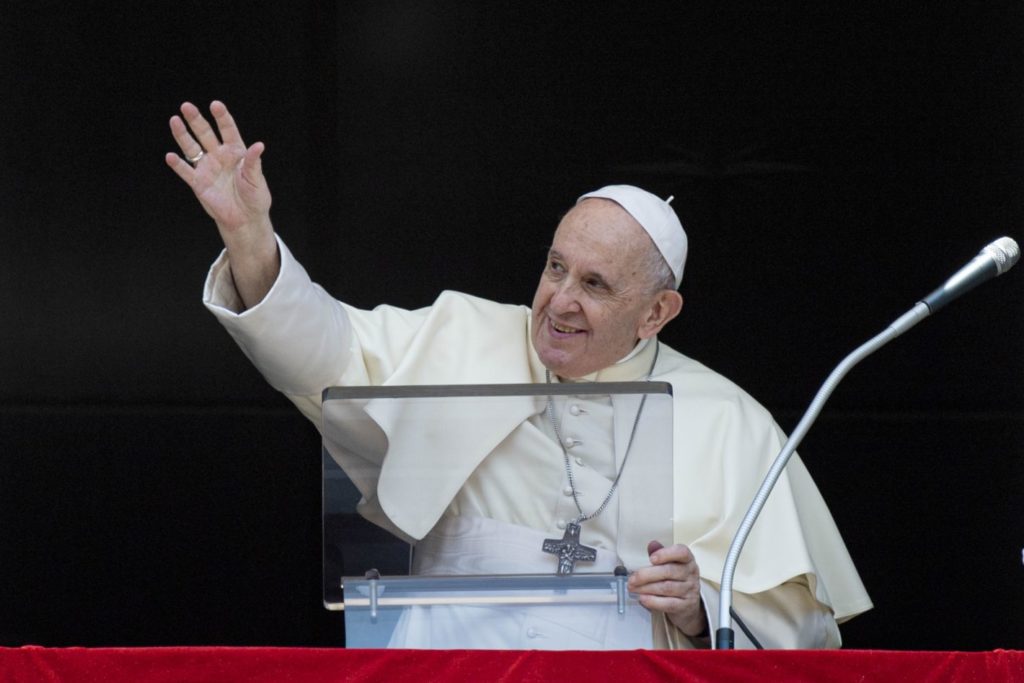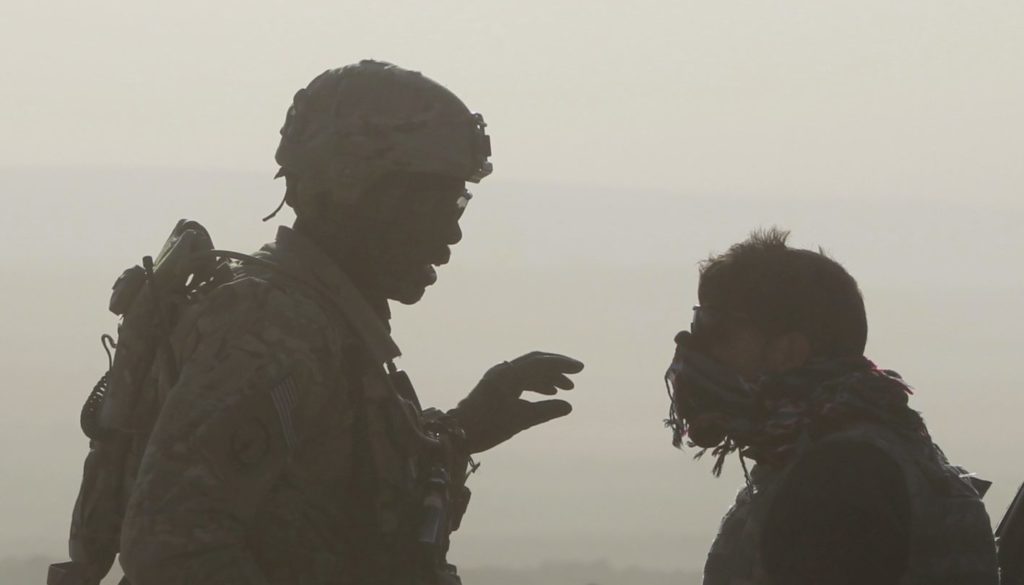Before the beginning of the Angelus prayer, Pope Francis commented on the Gospel of Sunday Mass: "The Gospel of today's Liturgy shows scribes and Pharisees astonished by the attitude of Jesus. They are scandalized because his disciples take food without first performing the traditional ritual ablutions. They think to themselves: 'This way of doing things is contrary to religious practice' (cf. Mk 7:2-5)".
Faith that touches the heart
"We could also ask ourselves: why do Jesus and his disciples neglect these traditions? After all, they are not bad things, but good ritual habits, a simple washing before taking a meal. Why doesn't Jesus pay attention to them? Because for him it is important to bring faith back to its center. We see it again and again in the Gospel: to bring faith back to the center. And to avoid a risk, which is as valid for those scribes as it is for us: to observe external formalities while leaving the heart of faith in the background. Too often we "make up" our souls. The external formality and not the heart of faith: this is a risk. It is the risk of a religiosity of appearances: to appear to be good on the outside, while neglecting the purification of the heart. There is always the temptation to "fix God" with some external devotion, but Jesus is not satisfied with this adoration. Jesus does not want external things, he wants a faith that reaches the heart".
"In fact, immediately afterwards, he calls the crowd together to tell them a great truth: "There is nothing outside a man that, entering into him, can make him unclean" (v. 15). Instead, it is "from within, from the heart" (v. 21) that evil things are born. These words are revolutionary, because in the mentality of that time it was thought that certain foods or external contacts made one impure. Jesus inverts the perspective: it is not evil what comes from outside, but what is born from within".
"Dear brothers and sisters, this also concerns us. We often think that evil comes mainly from outside: from the behavior of others, from those who think badly of us, from society. How often we blame others, society, the world, for everything that happens to us! It is always the fault of "others": it is the fault of the people, of the rulers, of bad luck, etc. It seems that problems always come from outside. And we spend our time apportioning blame; but spending time blaming others is a waste of time. You get angry, you get sour and you push God away from your heart. Like those people in the Gospel, who complain, are scandalized, polemicize and do not welcome Jesus. You cannot be truly religious by complaining: complaining poisons you, it leads you to anger, resentment and sadness, the sadness of the heart, which closes the doors to God".

"Let us ask the Lord today to free us from blaming others, like children: "No, it wasn't me! It's the other person, it's the other person...". -We ask in prayer for the grace not to waste time polluting the world with complaints, because this is not Christian. Rather, Jesus invites us to look at life and the world from the heart. If we look within, we will find almost everything we hate on the outside. And if we sincerely ask God to purify our hearts, then we will begin to make the world cleaner. For there is an infallible way to overcome evil: to begin by defeating it within oneself. The early Fathers of the Church, the monks, when they were asked, "What is the way of holiness? How do I begin?" the first step, they said, was to accuse ourselves: to accuse ourselves. Accuse ourselves. How many of us, at some point in the day or in the week, are able to accuse ourselves inside? "Yes, this one did this to me, that one did that to me... that one did a barbaric thing to me...". But what about me? I do the same, or I do it like this... This is wisdom: learning to accuse oneself. Try it, it will do you good. It's good for me, when I can do it, but it's good for me, it's good for everybody".
"May the Virgin Mary, who changed history by the purity of her heart, help us to purify our own, overcoming above all the vice of blaming others and complaining about everything."
Intensify prayer and fasting
After the Angelus prayer, the Pope assured that he follows "the situation in Afghanistan with great concern, and I share the suffering of those who mourn for the people who lost their lives in the suicide bombings last Thursday, and of those who seek help and protection. I commend the deceased to the mercy of Almighty God and thank those who are working to help the people who have been so sorely tried, especially women and children. I ask everyone to continue to help those in need and to pray that dialogue and solidarity will lead to the establishment of peaceful and fraternal coexistence and offer hope for the future of the country. In historic moments like these we cannot remain indifferent; the history of the Church teaches us this. As Christians, this situation commits us. That is why I appeal to everyone to intensify prayer and fasting. Prayer and fasting, prayer and penance. Now is the time to do it. I am serious: intensify prayer and fasting, asking the Lord for mercy and forgiveness."
"I am close to the inhabitants of the Venezuelan state of Merida, affected in recent days by floods and landslides. I pray for the deceased and their families and for all those who are suffering because of this calamity".
"I wish you all a good Sunday," he concluded. "Please don't forget to pray for me. Enjoy the meal and see you all again."








